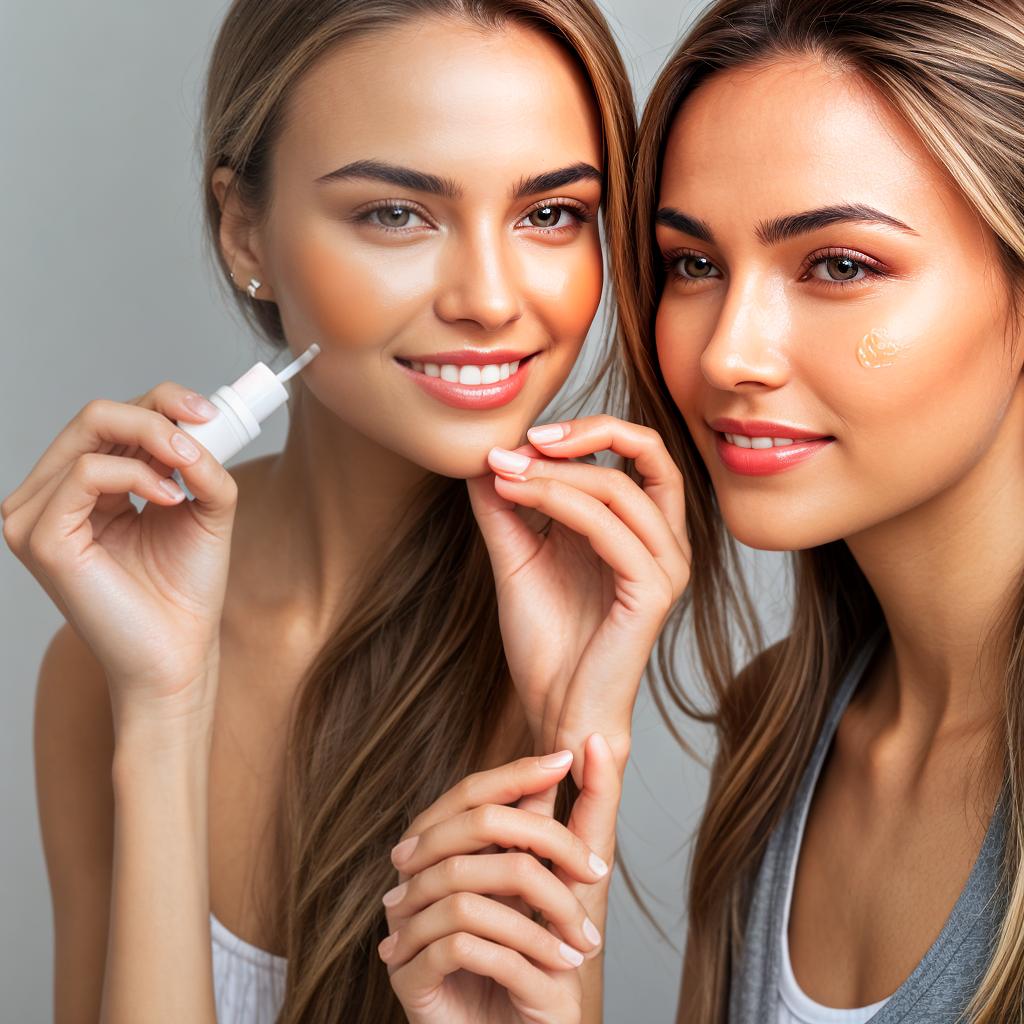Achieving healthy, radiant skin is a goal that many people aspire to. While skincare products and routines play a significant role, it’s essential to recognize that what you put into your body can have a profound impact on your skin’s health and appearance. In this comprehensive guide, we’ll explore the intricate connection between diet and healthy skin, providing insights, tips, and advice to help you achieve your skincare goals.
The Basics of Healthy Skin
Before delving into the specifics of diet, let’s understand the fundamentals of healthy skin. Skin, the body’s largest organ, acts as a protective barrier against external threats like pollutants and harmful UV rays. It’s also responsible for regulating body temperature and preserving moisture.
The key components of healthy skin include:
1. Collagen and Elastin
Collagen and elastin are proteins that maintain skin’s elasticity and suppleness. A diet rich in nutrients that support collagen production is essential for youthful-looking skin.
2. Antioxidants
Antioxidants combat free radicals, which can cause premature aging and damage to skin cells. Vitamins A, C, and E, as well as minerals like selenium and zinc, are potent antioxidants.
3. Omega-3 Fatty Acids
Omega-3 fatty acids, found in fish and flaxseed, help maintain the skin’s lipid barrier, keeping it moisturized and protected.
4. Hydration
Proper hydration is vital for maintaining skin’s moisture levels. Drinking enough water is the foundation of healthy skin.

The Link Between Diet and Skin Health
Now that we’ve established the importance of these elements let’s delve into how your diet affects your skin:
1. Nutrient-Rich Foods
Consuming a variety of nutrient-rich foods provides your skin with the vitamins and minerals it needs. Include plenty of fruits and vegetables, lean proteins, and whole grains in your diet. These foods offer a wide array of antioxidants, vitamins, and minerals crucial for skin health.
2. Collagen-Boosting Foods
Collagen production naturally declines with age, leading to wrinkles and sagging skin. You can support collagen production by incorporating foods like bone broth, citrus fruits, and soy products into your diet. These foods contain nutrients like vitamin C, amino acids, and phytoestrogens that promote collagen synthesis.
3. Antioxidant-Packed Diet
Antioxidants protect your skin from oxidative stress and free radicals. Berries, dark leafy greens, nuts, and seeds are excellent sources of antioxidants. Including these foods in your diet can help prevent premature aging and skin damage.
4. Healthy Fats
Omega-3 fatty acids found in fatty fish, flaxseed, and walnuts help maintain the skin’s lipid barrier. This barrier prevents moisture loss and keeps the skin hydrated, resulting in a smoother complexion.
5. Hydration is Key
Dehydration can lead to dry, flaky skin. Ensure you’re drinking enough water throughout the day to maintain optimal skin hydration. Herbal teas and foods with high water content, like watermelon and cucumber, can also contribute to your daily fluid intake.
FAQs
Q1: Can I rely solely on diet for healthy skin?
While diet plays a significant role in skin health, a holistic approach is essential. Proper skincare, including cleansing, moisturizing, and sunscreen use, is crucial. A balanced diet complements your skincare routine for the best results.
Q2: Can specific foods worsen skin conditions like acne?
Certain foods, like sugary or greasy ones, can exacerbate skin conditions like acne in some individuals. However, the impact of diet on skin can vary from person to person. It’s essential to pay attention to your body and consult a dermatologist if you suspect a particular food is affecting your skin negatively.
Q3: Are supplements necessary for healthy skin?
Ideally, you should obtain most of your nutrients from a balanced diet. However, supplements can be beneficial if you have specific deficiencies or struggle to meet your nutritional needs through food alone. Consult a healthcare professional before starting any supplementation regimen.
Q4: How long does it take to see improvements in skin from dietary changes?
The timeline for seeing improvements in your skin can vary depending on several factors, including your current diet, skin type, and genetics. In general, it may take a few weeks to a few months of consistent dietary improvements to notice visible changes in your skin’s health and appearance.
Achieving and maintaining healthy, radiant skin is a holistic endeavor that involves both skincare practices and dietary choices. By incorporating nutrient-rich foods, collagen-boosting ingredients, antioxidants, healthy fats, and proper hydration into your diet, you can support your skin’s health from within. Remember that individual responses to dietary changes may vary, so be patient and consult with a healthcare professional or dermatologist if you have specific skin concerns. Ultimately, the connection between diet and healthy skin is undeniable, and making mindful food choices can lead to a glowing complexion that you’ll be proud of for years to come.
